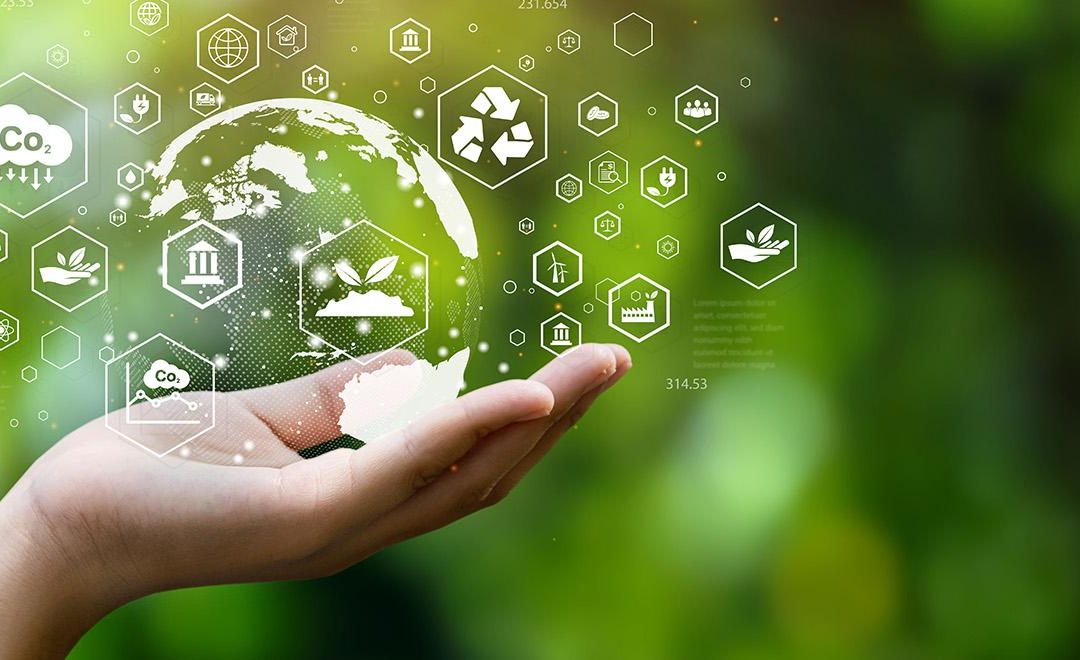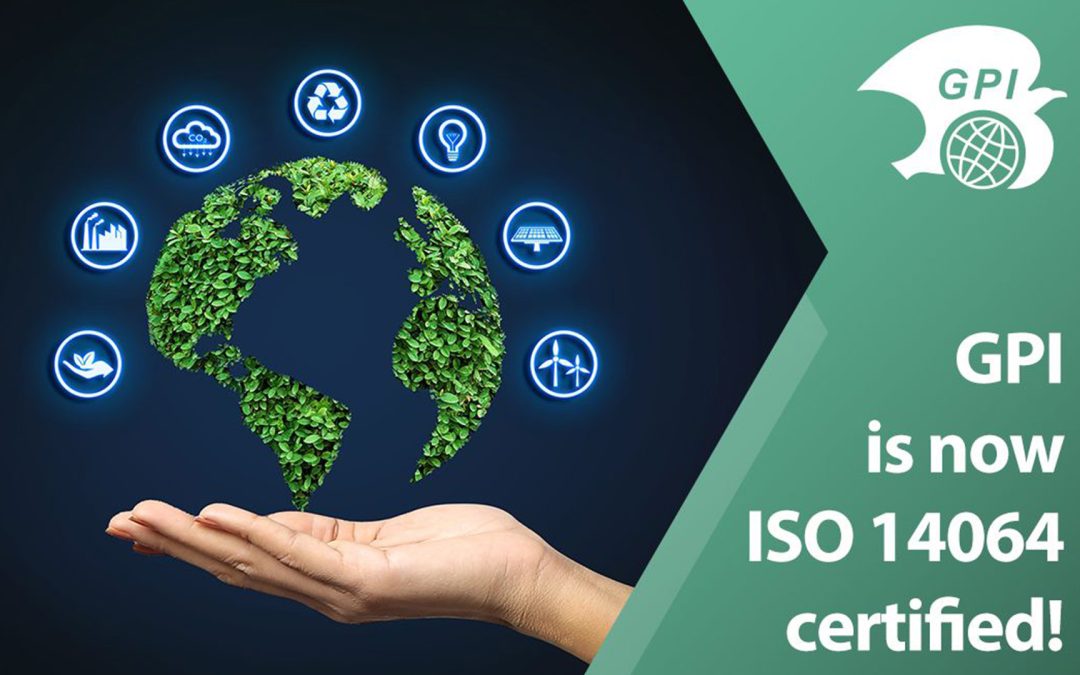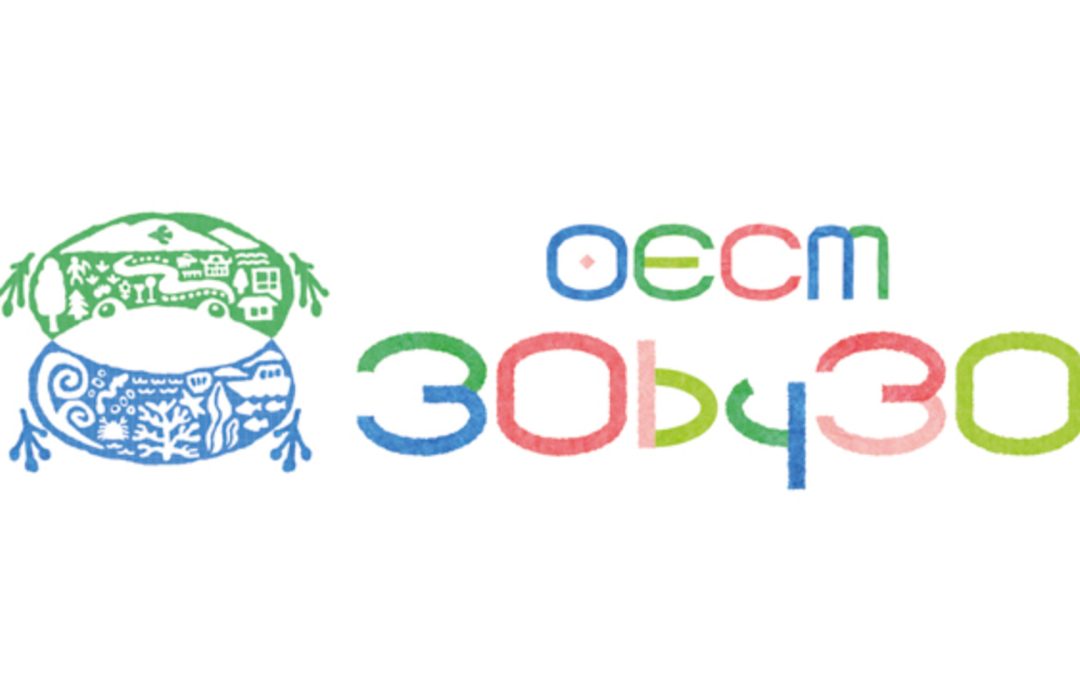
Dell Inc. has released its annual 2020 Legacy of Good update, reiterating the company’s long-term commitment to society, team members and the environment.
The report summarises the company’s efforts during fiscal year 2018 (4 Feb. 2017 – 2 Feb. 2018).
Dell explains that its purpose as a company is to “drive human progress through technology.” One of the ways the company achieves this is through its Legacy of Good commitment, which lies in putting Dell technology and expertise to work where the OEM believes they can do the most good for people and the planet. For Dell “that means investing in innovation that reduces environmental impact, supports a transparent supply chain, ensures an inclusive future workforce and advances underserved communities.”
“The Legacy of Good program reflects what’s possible when people and technology come together with purpose,” said Christine Fraser, Chief Responsibility Officer, Dell. “Our customers, partners and teams care about this work now more than ever, and we will continue to seek innovative ways to deploy our resources, design out waste, celebrate inclusion and address the greatest need.”
Dell has expressed its belief that “collaboration is the way to address many of the challenges facing the world today.” This year the OEM, in collaboration with Government of India and Tata Trusts, launched Digital LifeCare, a cloud-based analytics solution that will improve health screenings for nearly 37 million people over the age of 30 in 150 districts across India and help the government track health trends across the country.
Approximately two-thirds of the population in India lives in rural areas, and the Digital LifeCare app allows healthcare workers who do not have medical degrees to see patients and follow interactive modules that ensure all patients receive the same level of care. It also provides important data for the government of India to analyse health trends across the country.
Dell also revealed that it believes transitioning to a circular economy is critical to enable human progress in the future. The company’s deep supply chain expertise, design strategy and global electronics recycling infrastructure puts the company in a unique position to advance a circular model, according to Dell, and the company has pioneered sustainable design innovation in a multitude of areas, including:
- Closed-loop recycling: In the reported period, Dell brought closed-loop plastics recycling to its enterprise portfolio in Europe, recycling more than 35,000 lbs. of plastic from e-waste into new enterprise products. Global recycling programs including Dell Reconnect, in partnership with Goodwill Industries, and the Asset Resale and Recycling Services have now recycled more than 20 million pounds of plastics and gold to make new computer parts. Cumulatively, Dell has used 73 million pounds of recycled material in new products since 2013, keeping the company on track to meet a 2020 goal of 100 million pounds.
- Gold reclamation: At the same time, Dell closed the loop on gold, upcycling used gold from e-waste into new motherboards in the Dell Latitude 5285 2-in-1 and into a jewelry line, The Circular Collection, in partnership with Bayou with Love, founded by Nikki Reed. A Trucost study found the gold reclamation process led by Dell partner Wistron Green Tech has a 99 percent lower environmental impact than traditionally mined gold. The program received the Best of People’s Choice Award at the 2018 Consumer Electronics Show (CES).
- Global e-waste tracking: This year, Dell is piloting the use of global tracking technology to monitor the responsible recycling of used electronics. In addition to piloting its own electronic tracking program, Dell has partnered with Basel Action Network to deploy trackers across Dell’s consumer takeback programs. The use of multiple tracking methods enables greater visibility and transparency as Dell looks to ensure compliance with the high standards held for its U.S. recycling partners. Results will be reported in approximately 12 months following the pilot period.
- Intercepting ocean-bound plastics: Dell’s XPS 13 2-in-1 laptop ships in packaging made with recovered ocean-bound plastics. The packaging, which received a Best of Innovation Award at CES, will begin shipping on the broader XPS line and commercial product portfolio later this year. To scale the work, Dell in partnership with the Lonely Whale created NextWave, a consortium of companies dedicated to scaling use cases for ocean-bound plastic materials in manufacturing while creating economic and social benefits for stakeholders. NextWave hopes to divert 3 million pounds of plastics over five years, the equivalent of keeping 66 million water bottles from washing out to sea. As part of Dell’s NextWave commitment, the company will remove plastic straws from global facilities.
Dell has also made the following investments when it comes to its supply chain:
- A new virtual reality experience that allows users to look around an actual supplier factory, see the living conditions for workers at the factory and observe an engagement session featuring customers and workers. The 360-degree videos are available on Dell’s supply chain site.
- More than $3 billion (€2.5 billion) invested annually with women- and minority-owned suppliers and small businesses in the past six years.
- More than 200,000 workers in the company’s supply chain are monitored through the company’s weekly working hours monitoring program.
- In China, Dell has improved its ranking from No. 3 to No. 2 overall in IPE’s Green Choice Alliance’s Corporate Information Transparency Index.
- Dell publishes reports on key supply chain sustainability topics twice a year.
According to Dell, “The only way to ensure that the innovation we put in place today carries through to tomorrow, is by engaging everyone in today’s workforce and ensuring the next generation is equipped with the skills to thrive in an increasingly tech-centric world.” Hence:
- The company states that it continues to “build a flexible work environment that serves a diverse set of work styles.” More than 58 percent of Dell team members used Dell’s remote work opportunity at least one day per week. The company was also ranked No. 9 on Top 100 Companies with Remote Jobs in 2018.
- Dell scored 100 on the HRC Corporate Equality Index for the 14th year in a row.
- Dell was named a World’s Most Ethical Company by the Ethisphere Institute for the fifth year in a row.
- Dell’s Employee Net Promoter Score (eNPS) was 44, when team members were asked how likely they would be to recommend their company as a place to work. The industry has a benchmark of 20 for high-performing companies (Bain & Company).
- Enabling an inclusive workforce, more than 28 percent of team members belong to an Employee Resource Group (ERG). Dell hosts 13 groups with 338 chapters across 60 countries.
- More than 1 million people have gained access to technology and technology skills through Dell strategic giving programs this year. The company has helped a total of 11.2 million people since 2013.
- Since 2014, $50 million (€43.2 million) has been committed to science, technology, engineering and math (STEM) initiatives focused on underserved youth.
- Dell donated a $650,000 (€562,123) grant to benefit more than 400,000 youth and 3,000 educators in 422 locations in Ethiopia. The entire project, through a partnership with the Ethiopian Ministry for Education and Camara Education, will deliver more than 30,000 PCs to more than 1,000 schools, benefitting 1.2 million students between 2016 and 2019. The $12 million (€10.3 million) innovation project will also include more than 16 million hours of information and communication technologies education training to more than 3,000 teachers and school leaders.




















